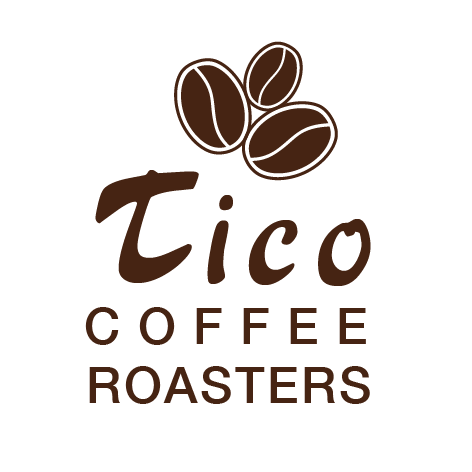Rainforest Alliance Certified
 More than 25 million people in the tropics depend on coffee, a crop that is the economic backbone of many countries and the world's second most traded commodity after oil. Coffee is farmed on about 30 million acres (12 million hectares ) worldwide, an area larger than Portugal and nearly the size of England. Most of the farms are in areas regarded as high priorities for conservation.
More than 25 million people in the tropics depend on coffee, a crop that is the economic backbone of many countries and the world's second most traded commodity after oil. Coffee is farmed on about 30 million acres (12 million hectares ) worldwide, an area larger than Portugal and nearly the size of England. Most of the farms are in areas regarded as high priorities for conservation.
In 1993, the Rainforest Alliance and its partner groups in the Sustainable Agriculture Network (SAN) demonstrated that traditional, forested coffee farms are havens for wildlife. Now, coffee lovers everywhere can support farmers who maintain these rainforest refuges simply by buying beans stamped with the Rainforest Alliance Certified™ seal of approval.
Like any kind of farming, growing coffee is risky business. Coffee farmers face difficult challenges: oversupply and low prices, inclement weather, pests and diseases, rising costs and sometimes unhelpful government policies.
For more than 150 years, coffee had been widely grown under the leafy canopy of native rainforest trees. In the 1970s, agronomists began promoting a new farm system in which the sheltering forests are cleared and coffee bushes are packed in dense hedgerows and doused with agrochemicals. These monoculture farms produce more beans, but at a tremendous environmental cost. A traditional agroforestry system provides good wildlife habitat. The new monocultures have little habitat, accelerate soil erosion and pollute streams. The new methodologies were not only environmentally destructive, but put more beans into an already overstocked market and converted coffee farms from self-sustaining sanctuaries into stark and lifeless monocultures. Wildlife disappeared, soils washed downhill and streams were choked with silt and agrochemicals.
Rainforest Alliance certification helps farmers bear the erratic swings in the global market by giving them the keys to improved farm management, negotiating leverage and access to premium markets. By implementing the SAN sustainable farm-management system, farmers can control costs, gain efficiencies and improve crop quality.
The biodiversity on well-managed coffee farms can be awesome. One certified cooperative in El Salvador contains more than 100 tree species. SAN biologists have spotted dozens of species of rare birds, wild cats such as ocelots, postcard-size butterflies, Technicolor frogs, seldom-seen orchids, monkeys and (once) a giant anteater. Forested coffee farms are critically important as migration stopovers for birds traveling from as far away as Canada and Alaska. In areas where deforestation is rampant, these coffee farms may be the only habitat available to provide shelter and food for wary birds. Certification is one way to guarantee that coffee farms maintain wildlife habitat and other environmental benefits, while protecting the livelihoods of coffee farmers.
